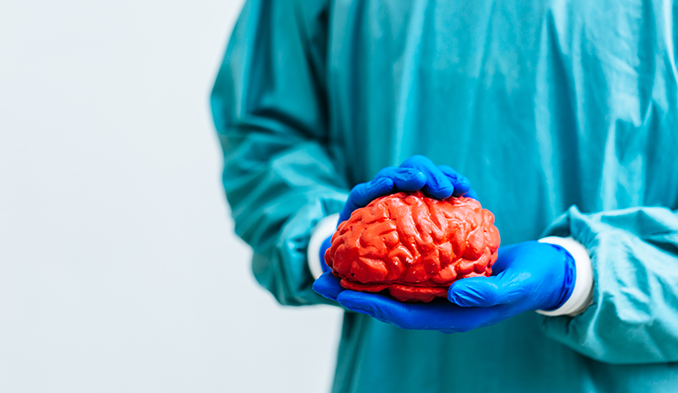Huntington's disease is a neurodegenerative disorder characterized by uncontrollable movements, loss of cognitive abilities and mental problems - depression, suicidal thoughts. In 1872, a case of the disease was first described by 22-year-old American physician George Huntington. The incidence is 2.7 per 100,000 inhabitants worldwide. In Europe, it affects 10 in every 100 000 people.
Reasons
The gene mutation (expansion of a CAG trinucleotide repeat) leads to the development of the disease. It is an autosomal dominant disease - only one copy of the mutated gene is needed for the disease to develop. The longer the CAG trinucleotide repeat, the earlier the symptoms appear. This leads to the formation of lumps in the brain that cause damage to different parts of the brain.
Symptoms
Huntington's disease is characterized by uncontrollable twitching and writhing movements, gait difficulties, speech and swallowing problems, and behavioral problems. A progression of symptoms is also characteristic. These symptoms usually appear between the ages of 30-40, and this is the most common type.
In 10% of all cases, juvenile Huntington's disease was observed, with symptoms appearing before the age of 20. In these patients, the disease progresses more rapidly.
Making a diagnosis
Genetic testing for the HTT gene mutation should be performed. A person who has a mutated copy of the HTT gene has a 50% chance of passing the disease on to their children.
Treatment
Previously, it was believed that there was no cure for this diagnosis. Medications were recommended to reduce the progression of the disease and allow patients to improve their quality of life - antidepressants, anticonvulsants, as well as physiotherapy.
A study from 2023 described that stem cell therapy can improve the condition in patients diagnosed with Huntington's disease, as this disease affects glial brain tissue. Infusion of glial progenitor cells results in the replacement of diseased glial cells and improvement of the condition. This is possible because healthy stem cells divide faster than mutant Huntington's glial progenitor cells.



